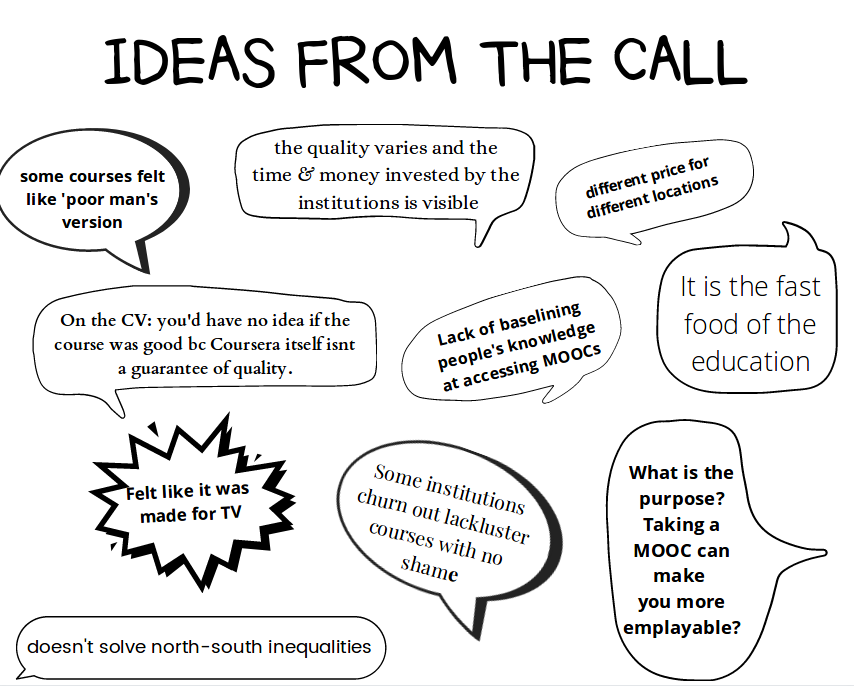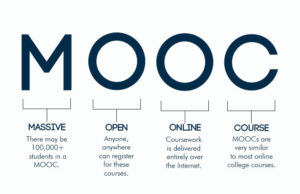After investigating and thanks to the collaboration with classmates we found some Open Badge projects, and I am going to focus on the Open Badge Passport.
I made this choice because I think one of the most important element to judge if a badge initiative can be considered open or not, and differentiated from a simple digital badge, is based on its transferable capacity. In that way, the Open Badge Passport is a good example to see a platform where users can find badges to earn, as well as having a virtual place to store and show them.
The main feature of this project is the Passport function, so the users can receive Open badges and share them when needed. In that sense, Open Badge Passport gives a clear and easy way to see the badge information. On the Explore section, we find filters like by name, country or advanced search which facilitates the badge hunting. It is clear that they care about having a good search engine that shows you a new badge to earn and badges that can interest you.
Overall, I think the site gives a feeling of transparency and I appreciate it because I think it tackles some of the questions raised by Ahn et al. It helps learners to chose best options for them to get and gives credibility for futures employers, in theory.
However, I think all these good aspects only can become a real game-changer if the initiative is well known, has a good number of badges (relevant for the sectors and variety) and the platform is used by many learners/users. I don’t see this is the reality in this case. I see a platform that is full of good intentions, but it lacks the main important element that is having interesting badges and credential to get. I haven’t found any interesting badge for me to earn (I know that I am only one data point, but it’s the one I have). I actually found that the majority of the badges available were for specific events that have already happened or the badge is only for a specific community, like “students of the University of Southampton”.
An interesting pedagogical value of badges is the options for learns to create their own learning path and I believe that badges offer the opportunity to illustrate personal specifications. I think badges could help to show a more individualised CV for example, where someone who studied “Education science” can show in detail their particular knowledge and skills from another with the same degree. If I think in all my friends from university, our CV says that we own a bachelor in Pedagogy, but it is clear that after 10 years post finishing classes we all have a different set of skills. I miss more emphasis on this aspect.
I share all the motivation and optimism that the people behind the initiative mention here, but sadly I have to admit that I don’t find a tangible sense to have an account on Open Badge Passport. I think their design and infrastructure solve part of the questions raised on the Ahn et al article. I would say that they give an answer to the hypotheticals about Open production (if anyone can create a badge) and Open access (if badges are widely accessible and visible). However, I think the project doesn’t have enough recognition or community behind in order to solve what I consider the most important tension derived from the Open appropriation (if badges are open to divers interpretations by different stakeholders).
Probably these are the most difficult tensions to solve because I of the nature of the education system. Education is a very structured and hierarchy system, with their own inequalities associated, as well as the history and cultural component of badges. I think these factors make difficult the implementation of a real open badge system of co-creating.


